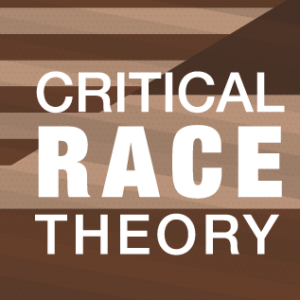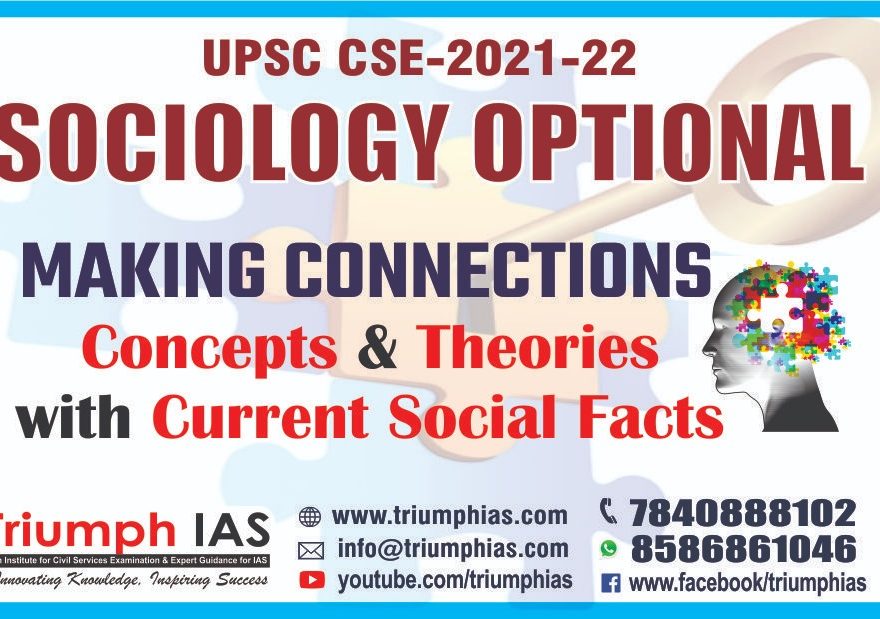Sociology: stratification and mobility
Dimensions- social stratification of class, status group, gender ethinicity and race

NEWS IN SHORT:
- Critical race theory, or CRT, which has suddenly become a lightning rod for conservatives, began as a leftwing academic discussion in the 1970s and 1980s by scholars who were studying the lack of racial progress following the passing of landmark civil rights laws in the decade preceding.
- For months, Republicans have been railing against ‘critical race theory’, with many state legislatures controlled by the party passing laws restricting how race can be taught in public schools, and top leaders denouncing requirements for teachers to be trained in it.
- CRT examines American history through the lens of racism, and acknowledges that systemic racism is part of the country’s society.
SOCIOLOGICAL PERSPECTIVE
Syllabus: Racism
- Racism may be expressed individually and consciously, through explicit thoughts, feelings, or acts, or socially and unconsciously, through institutions that promote inequality between races.
- Individual-level racism is seen in prejudice, bias, or discrimination displayed between two or more people.
- Structural racism refers to inequalities built into an organization or system.
- Historical economic or social disparity caused by racism can adversely affect present generations.
- Historical economic or social disparity caused by racism can adversely affect present generations.
- Racial profiling involves the singling out of individuals based upon their race for differential treatment, often in the form of increased surveillance or enforcement by the criminal justice system.

